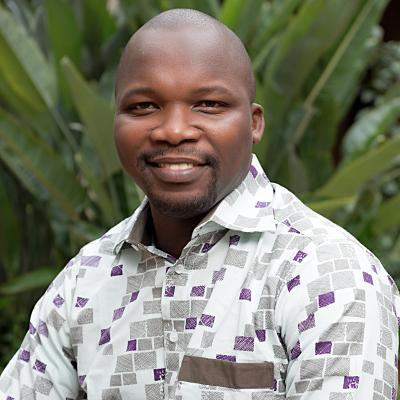Description
Rural populations living in the drylands of the Sahel and the Horn of Africa face many biophysical and socio-economic challenges including important water stress exacerbated by climate change, declining soil fertility, increased deforestation and degradation due to agricultural expansion, rapid population increase, charcoal production and poverty. Most families rely on subsistence farming and emergency aid during the lean season and for these families, burdened by daily worries of food insecurity, it is difficult to envision a different, sustainable future. While there has been plenty of evidence of promising drylands restoration technologies and practices to increase water and food security, both at landscape and farm level, it has been a challenge for development organisations and local government to sustainably scale these innovations. Some of the reasons often cited are a lack of integration between farm production and value chains, solutions not adapted to the local context and low capacity of local services and farmer organisations.
The six-year initiative Drylands Development Programme or DryDev (from August 2013 to July 2019) aimed at sustainably improving the livelihoods of 227,100 farmers in selected dryland areas of Burkina Faso, Ethiopia, Kenya, Mali and Niger through site and farm-specific interventions, such as farm-level water and soil management; watershed restoration; agricultural commodity production and value chain and institutional development. The DryDev was funded by the Ministry of Foreign Affairs (MoFA)
of the Netherlands, with a substantial contribution from World Vision Australia (WVA) and the World Agroforestry (ICRAF) was the overall implementing agency working with 21 non-governmental organizations in the five countries.
DryDev’s unique approach encompasses community-led local development planning, co-learning and integration of solutions from better soil and water conservation, climate-smart production, building local governance/capacity, stronger stakeholder engagement to create the necessary market linkages and policies. Despite a slow start for implementation, DryDev has delivered good results in terms of increases in water security and food production, and there are many successful farmer stories and
stronger collaboration at local level. An important lesson learned is the importance of participatory action research from the start to ensure the programme invests in the right mix of options adapted to the local context.


























